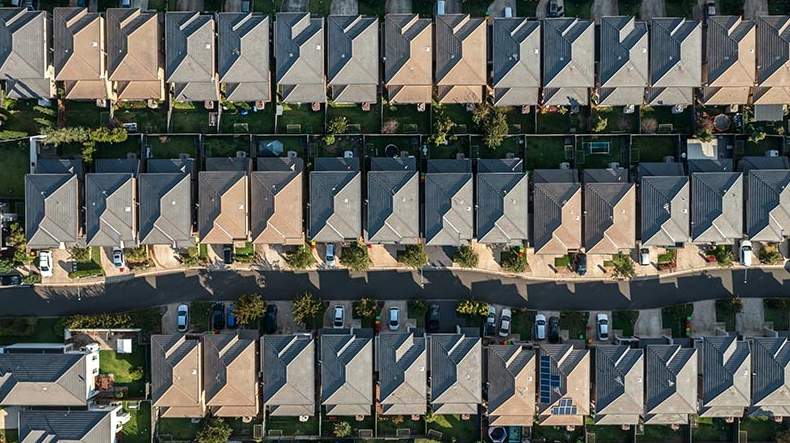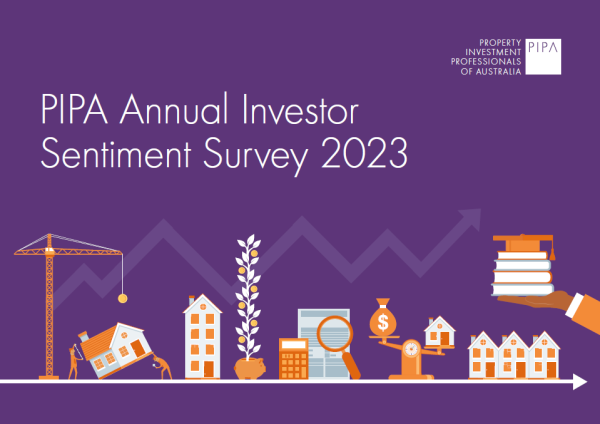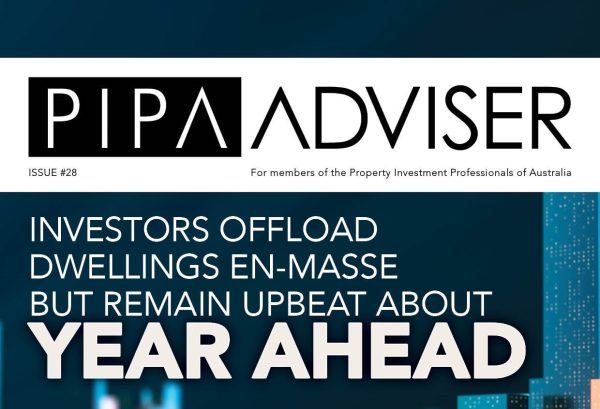How much a holiday home really costs in Australia
Jan 2024Karen Millers
Categories
Location ReportsMedia releasesNational market updatesPersonal advisersPIPA AdviserPIPA Annual Investor Sentiment SurveysPIPA Member ProfilesPIPA video updatesPIPA webinarsPodcastsProperty advisersProperty newsLatest Articles
Which property cycle are we in?
Rent rises ease but crisis’ link to population density found to be tenuous
Jordan van den Berg: The ‘Robin Hood’ TikToker taking on Australian landlords
Victorian property investors face yet another new property tax as council tests levy
The true cost of a holiday home goes far beyond the purchase price.
Even after adding in stamp duty and other transaction costs, there are a range of ongoing expenses that really add up – and while it may seem like a way to save on accommodation, experts say it could actually cost you your holidays.
Hidden Costs
Buyer’s agent from Aus Property Professionals and author of Buy Now, Lloyd Edge, said it’s not unusual to get a flood of holiday home purchase inquiries shortly after the festive season.
“It’s something that people do look at, and then once they go deeper into the ownership cost long term it becomes a bit more challenging,” he said.
One of the biggest expenses people tend to overlook is the cost of buying a second set of furniture, as well as all the fittings and furnishings you would expect in a home, such as toasters, cutlery, cookware, wall art and linen.
Mr Edge said he spent about $25,000 to furnish his own holiday home, which included buying “cost-effective” mattresses and fittings.
Ongoing Expenses
When it comes to ongoing costs, not only are there council rates, and potential strata levies if buying in a complex, there is also the cost of water usage, regular cleaning and maintenance and repairs.
Mr Edge said while council rates vary, it would be wise to set aside about $2000 a year.
Gardening is another regular expense that shouldn’t be taken lightly.
He said lawn mowing could cost between $75 to $100 per visit – which could be weekly or fortnightly during the summer months.
Cleaning could cost as much as $300 per stay.
While this can be factored into the rate you charge if renting as short stay accommodation, you will have to fork out every time friends or family stay – unless you want to travel there (another cost) to clean it yourself.
Opportunity costs
Daniel Walsh from Your Property Your Wealth said a $1m holiday house could cost as much as $75,000 per year in interest repayments plus running costs.
Since lenders don’t count short stay accommodation income in the same way they consider regular rental income, owning one could affect your chances at buying an investment property in an area with good growth prospects and more reliable cash flow.
In addition to this, you may only attract bookings during a few peak periods throughout the year and struggle to break even.
If you’re relying on short stay bookings to cover your running costs, you may have to forgo staying at the property during the holiday season, PIPA chair Nicola McDougall said.
“If your highest earning period is in the holidays, that means for you as the owner, it wouldn’t be financially wise for you to use it during that period,” she said.
Additionally, that $75,000 could be spent on holidays to other locations, including overseas.
She said since holiday homes are considered investment properties, they attract Capital Gains Tax as well as land tax, while potentially affecting the pension in the case of those nearing retirement.
She said people should also check for any state government levies or charges that apply to holiday homes or properties left vacant.
Add these expenses to the purchase price of a holiday home:
* Interest repayments – consider the cost of rising interest rates
* Stamp duty, land tax and CGT when it comes time to sell
* Potential levies on vacant properties or short stay accommodation
* Property manager fees (if listing as short stay accommodation)
* Furniture and fittings, including linen, appliances and art
* Maintenance, cleaning and gardening plus a contingency fund for unexpected repairs
* Extra cleaning and maintenance for seaside properties subject to rust
* Opportunity cost of building wealth – would buying a regular investment property make better financial sense?
* Opportunity cost of holidaying – are you happy only holidaying in the one location during off-peak periods for the foreseeable future?
Originally Published: Kate McIntyre | The Daily Telegraph | 22 January 2024
“Licensed by Copyright Agency. You must not copy this work without permission.”




